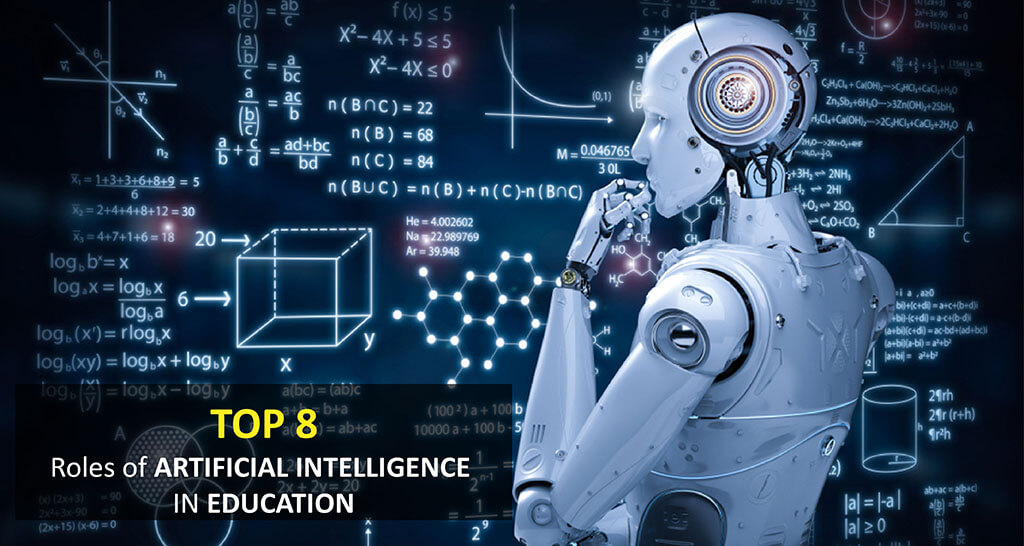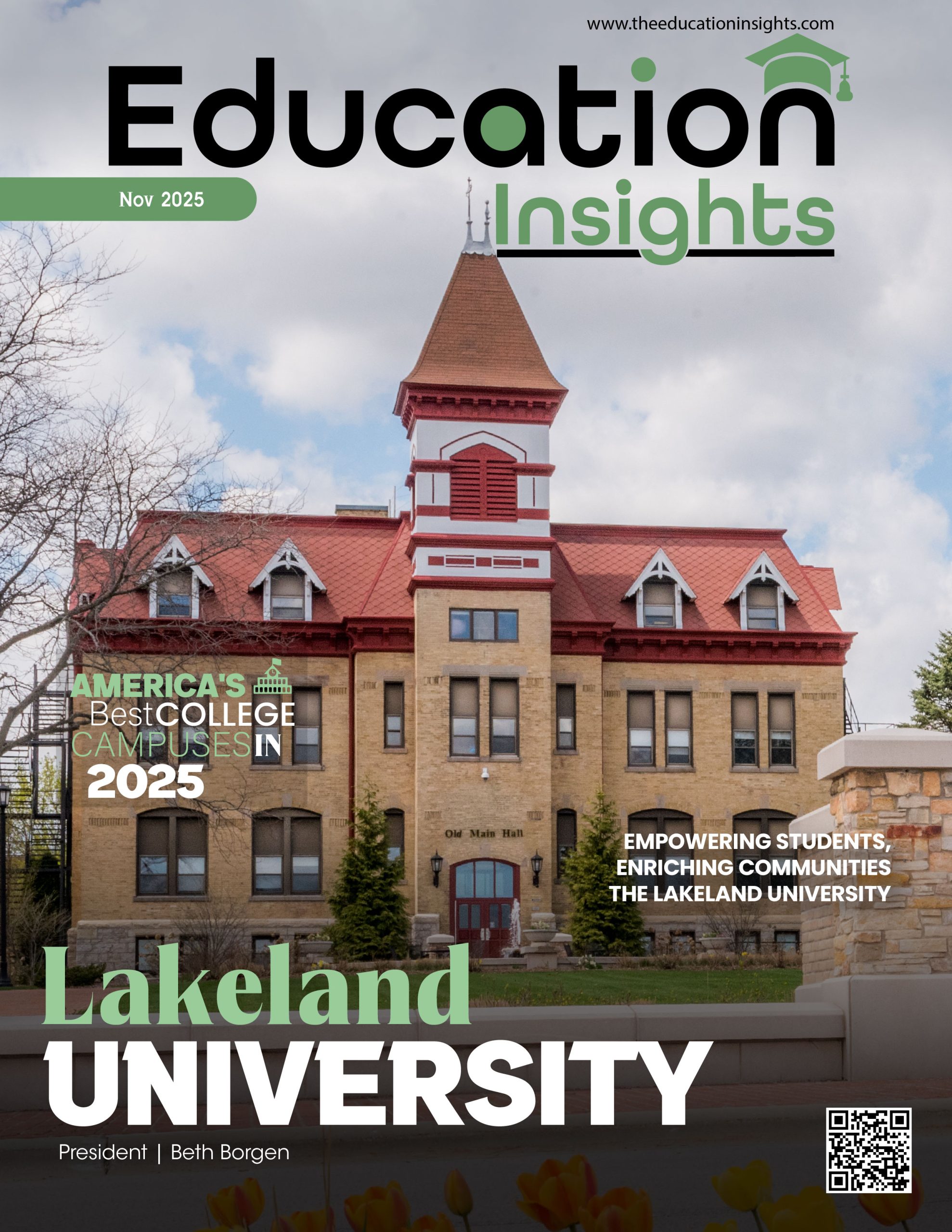Artificial intelligence is a technological field that gives unbelievable results in every field where it is used. AI introduced automation and easiness in most of the systems. Like the other fields, it shows its progressive developments in the education system throughout the world. AI drastically changes the education system in the future as well, but currently, it also improves the learning and teaching quality of students and teachers. AI helps teachers manage the assessment works and students’ progress analysis using the Learning Management System.
Though the teacher’s job is irreplaceable to anything in the world, according to some experts use of AI technology along with teachers will become a great learning tool for students, and this will help to revolutionize the educational system in the world and most importantly, in villages in every corner of the world. So, let’s go through the role of AI in the education system.
- Automation in Grading Activity
In schools, sometimes it becomes too tedious to check homework and give them grades. So, school and college teachers can use AI devices and software to provide grades and check homework automatically. Though AI does not replace human grading, it is evolving daily. So teachers get time to give more attention and focus on students rather than assessment and paperwork. To check out students’ online multiple choice questions, test teachers can use the AI software or tool to make it easy, and they can complete it in time. Report card making according to the progress graph of any student is done better by AI using statistical data and infographics.
- Virtual Reality in Learning
Many more benefits of technology are already implemented in education, and one of the latest and greatest technologies helps institutions and teachers nurture students with quality education. These latest technologies are VR (Virtual Reality) and AR (Augmented Reality), which help students learn quicker and clearer concepts by experiencing all knowledge and things described in the books.
The education and subjects not possible by means of imagination now can be well adopted by students due to the use of VR devices. VR-based devices and learning encourage students to enable experimental learning and analysis. Virtual Reality creates the virtual experience of the real world, which helps to understand concepts like physiology in the life process in science, to develop technical skills by experiencing it, to clear any idea of physics, and in more fields, we can use this tech in enhancing the quality of education.
- Use of Chatbots for learning
Chatbots or AI help collect data from the students or the teachers to help students. So students can upload their queries and doubts on the Chatbots to get desired results and to solve their queries, and teachers also can provide and distribute lessons and notices to all students at once. Notices regarding assignments, deadlines, schedules of extra classes, and all these important messages can forward by teachers to all students in the class as every student is now connected with any of the smart devices. So due to this, Chatbots students become curious to use and handle it. They start to enjoy the learning process and get more engaged in education. So all Chatbots become the teaching and learning assistants in the education system.
- Adaptive software
AI and Machine Learning, continuously active in various sectors, all show their impact in every field of work, so technology also shows its impact in education. Educational institutes like schools, colleges, and Universities always flourish with thousands of students, their data and information, results, and many more registers. Handling it becomes tedious and hard for institutions. This problem is now completely solved by amazing tools and software of technology. To keep every student’s academic records and details, some software and systems help summarize all that information regarding results, scholarships, awards, assignments, details, and marks of every student systematically. The use of the software is not only for administrative purposes but also for students to experience adaptive learning by using learning software and tools with the help of teachers.
- AI-driven programs help to give feedback
Feedback from students is most important for teachers in the learning process. AI-driven programs help students to fulfill their needs and doubts, and professors also get in touch with students to solve their problems easily. Students can also give responses and suggestions on any particular subject or concept for revising it differently. Teachers can personally advise students and their parents for improvement in any subject and try to make that subject easy for that student.
- Learning Management System (LMS)
Learning Management Systems play an important role in transforming education into E-learning platforms. LMS software handles administration, documentation, online training programs, reporting, tracking, and automation to make the education system more accessible and simple. LMS software like Google Classroom and Moodle help teachers to conduct tests and record their marks systematically. These LMS software are flexible to use by teachers and students to improve the learning process.
- 24/7 Access to Education
Schools, colleges, and teachers are not available to students 24/7 to clear their doubts and queries while learning. But technology in the form of software and chatbots can help students to clear their doubts and questions in any subject regardless of time. So this is the most significant advantage of technology: it can be available to humans at any time to deal with any problem. This availability of virtual teaching options for students makes education more accessible and easier to acquire.
- Smart Content Creation
Productive exercises and exams for students are essential to check the ability and performance of students for teachers. Teachers spend hours designing application-based assignment work and exams for students, but this process is time-consuming. So teachers can use AI-based software, which uses Computer vision and NLP (Natural Language Processing) to design intelligent questions and exercises which will be application based and help students to learn more. This smart content creation allows teachers to save time, give more time, and focus on the development and learning of students in the classroom. Questions and exams generated by AI-based software help students to think at an advanced level and help them to increase their IQ level.
Conclusion
The education system is the root system of society, and if this system combines with technology, it creates a smart community and people who creatively transform their life. In the world, many schools and colleges are already using technology and AI-based devices or tools to improve the learning and teaching process. There is only a need for more schools to adapt to this technology as soon as possible to experience smart teaching and to learn in the education system.










